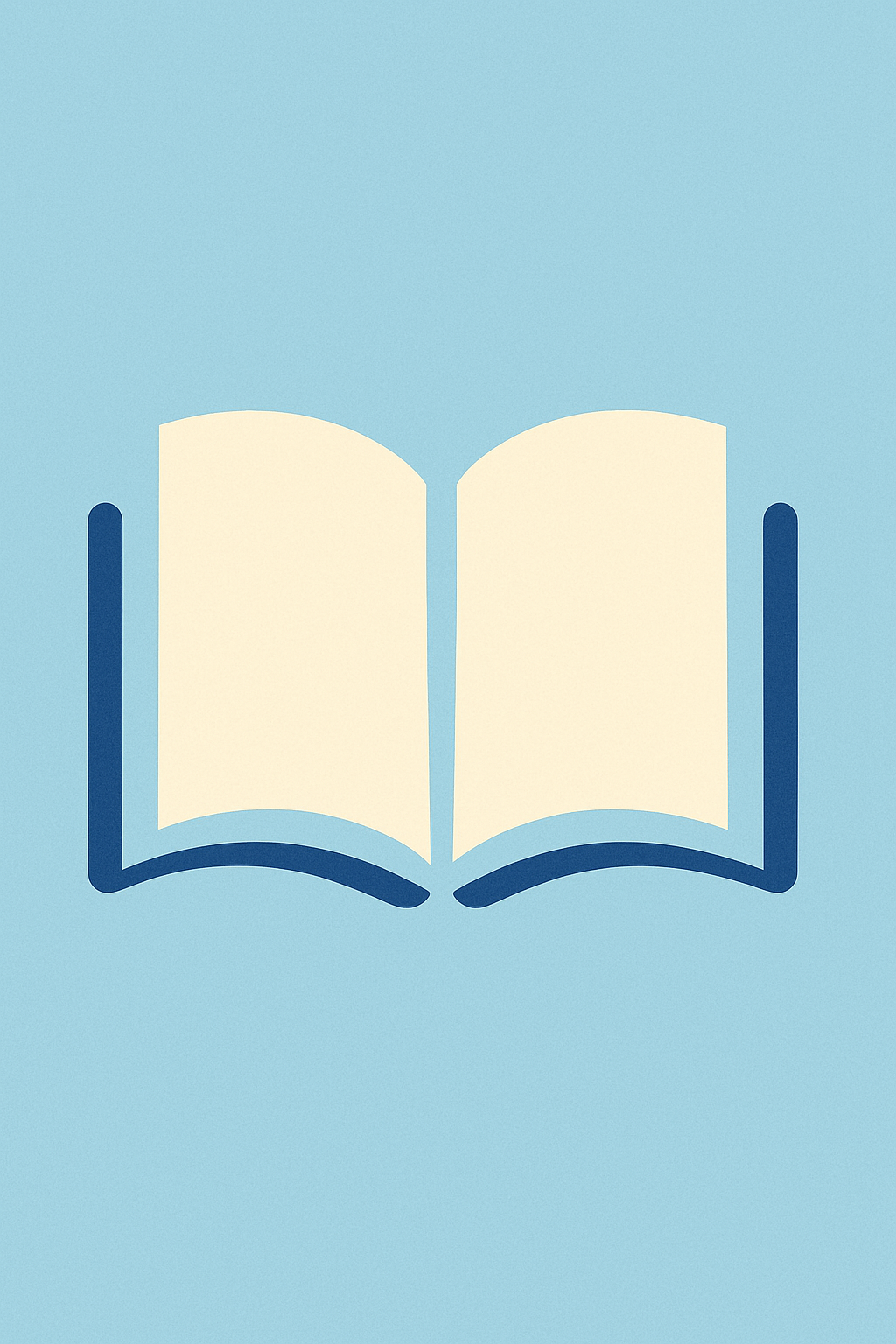
Emile, or On Education
References and Quotes
Back to Rousseau’s Emile. When I left you hanging, you had just learned that Emile’s "liberty" was a well-regulated one. Rousseau hastens to warn us the teacher must take great pains to "hide from his student the laws that limit his freedom." It will not do for the subject to see the walls of his jail. Emile is happy because he thinks no chains are held on him by his teacher/facilitator. But he is wrong. In fact the tutor makes Emile entirely dependent on minuscule rewards and microscopic punishments, like changes in vocal tone. He programs Emile without the boy’s knowledge, boasting of this in asides to the reader. Emile is conditioned according to predetermined plan every minute, his instruction an ultimate form of invisible mind control. The goals of Rousseau’s educational plan are resignation, passivity, patience, and, the joker-in-the-deck, levelheadedness. Here is the very model for duplicitous pedagogy.
To get an act of faith this unlikely off the ground there had to be some more potent vision than Skinner could provide, some evidence more compelling than reinforcement schedule data to inspire men of affairs to back the project. There had to be foundational visions for the scientific quest. One will have to stand for all, and the one I’ve selected for examination is among the most horrifyingly influential books ever to issue from a human pen, a rival in every way to Frederick Taylor’s Scientific Management. The author was Jean Jacques Rousseau. The book, Emile, published in 1762. Whether Rousseau had given his own five children away to the foundling home before or after he wrote it, I can’t say for sure. Before, I’m told.
From mid-century onwards certain utopian schemes to retard maturity in the interests of a greater good were put into play, following roughly the blueprint Rousseau laid down in the book Emile. At least rhetorically. The first goal, to be reached in stages, was an orderly, scientifically managed society, one in which the best people would make the decisions, unhampered by democratic tradition. After that, human breeding, the evolutionary destiny of the species, would be in reach. Universal institutionalized formal forced schooling was the prescription, extending the dependency of the young well into what had traditionally been early adult life. Individuals would be prevented from taking up important work until a relatively advanced age. Maturity was to be retarded.
One blueprint for the great transformation was Emile, an attempt to reestablish Eden using a procedure Rousseau called "negative education." Before the book gets to protagonist Emile, we are treated to this instructive vignette of an anonymous student:
Emile is a detailed account of the total transformation of a boy of ten under the precisely calculated behavioral ministrations of a psychological schoolmaster. Rousseau showed the world how to write on the empty child Locke had fathered; he supplied means by which Locke’s potent image could be converted to methodology. It took only a quarter century for Germans to catch on to the pick-and-shovel utility of dreamy Rousseau, only a little longer for Americans and English to do the same. Once Rousseau was fully digested, the temptation to see society’s children as human resources proved irresistible to those nations which had gone furthest in developing the mineral resource, coal, and its useful spirits, heat and steam.